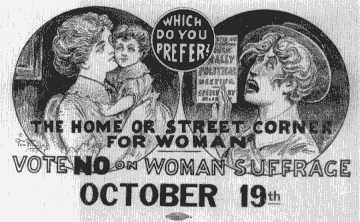Jolie navigates elevator shafts and subway systems, survives devastating car crashes, and kills tons of men along the way. She camouflages herself in a variety of situations and uses creative weapons. My favorite scene is Jolie in action as she tries to either save or assassinate the Russian president at a funeral. The pipe organ collapses and makes a tremendous sound just before she places a bomb in the floor where the man is standing. As a feminist, I just can't deny the tinge of glee I get from seeing strong, smart women do great big things.
Salt is not a mediocre thriller. It does a lot of interesting things that I haven't seen in the genre for a long time. In an age of more and more pointed racism towards Arabic people, many movies are joining forces in an effort to make the film more topical and relevant. By using the Cold War, the filmmakers are able to take more licenses without being disrespectful or making crass gestures towards 9/11. And yet, it uses the residual sentiments and conspiracy theories to move the story forward.
Salt is a distinctly American movie and watching it made me realize some strange things about the American condition. Not a single thing about all this seemed remarkably implausible for me. America has a such a strong distaste for government, that we are always prepared to believe the most outlandish explanation rather than the easiest. The idea that Russia might still be out to get us isn't so difficult to believe. Its as if cynicism has made a complete 360, taking us right back where we started from, blindly believing incredulous falsehoods.
I digress. Regardless, the incredible acrobatics, chase scenes, and closeness with the world's most mysterious country make this an incredible escapist film that is relevant, without the finger wagging.


